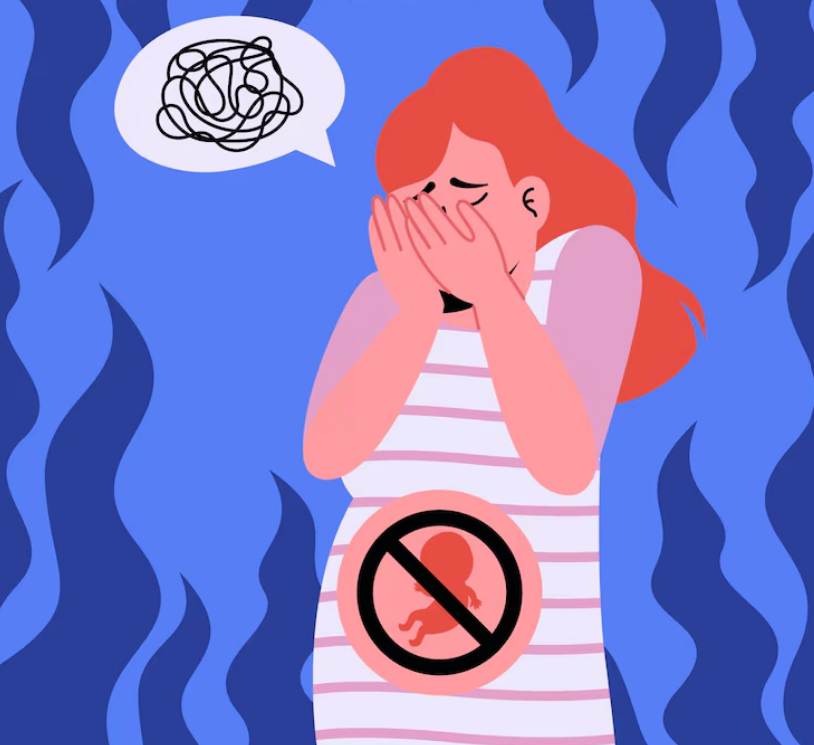A chemical pregnancy is one of those early pregnancy losses that often happens before a woman even realises she’s expecting. It can be confusing and emotionally draining, especially because the loss occurs so soon. To help break it down in clear, simple terms, we spoke to Dr Neha Sharma, Obstetrician-Gynaecologist at a private clinic in Gurugram, who walks us through the causes, symptoms, and treatment of a chemical pregnancy.
What is a Chemical Pregnancy?
“A chemical pregnancy is basically a very early miscarriage,” says Dr Sharma. “It happens within the first five weeks of conception, often just after a missed period. The body does register the pregnancy initially—hence, a positive pregnancy test—but it doesn’t progress.”

Causes of Chemical Pregnancy
While the exact reason isn't always known, Dr Sharma shares some of the common causes:
- Chromosomal abnormalities in the fertilised egg
- Poor egg or sperm quality
- Hormonal imbalances
- Uterine issues like fibroids or polyps
- Infections or underlying health conditions
“Most of the time, it’s the body’s natural way of rejecting a pregnancy that isn’t developing normally,” she adds.
Don't Miss:Geriatric Pregnancy: What Is It, Risks, Chances When Planning A Baby At 40
Chemical Pregnancy Symptoms
Because it happens so early, the symptoms can be subtle or mistaken for a delayed period. Look out for:
- A positive pregnancy test followed by a negative one in a few days
- Mild cramping
- Bleeding that resembles a heavy period
- No signs of pregnancy like nausea or breast tenderness
- Some women might not notice anything unusual at all.

Chemical Pregnancy Treatment
No medical treatment is usually needed after a chemical pregnancy. “Your body typically returns to its normal cycle within a few weeks,” says Dr Sharma. However, if a woman has repeated chemical pregnancies, a doctor might recommend further testing to rule out underlying issues.
Emotionally, though, it’s a different story. “Even if it’s early, it can be heartbreaking,” she says. “It's important to give yourself time to heal—physically and mentally.”
A chemical pregnancy doesn’t mean you can’t have a healthy pregnancy later. In fact, it shows that conception is possible.
Don't Miss:PCOS And PCOD Aren't The Same, Expert Explains Difference
For more such stories, stay tuned to HerZindagi.
Image Courtesy: Freepik

Take charge of your wellness journey—download the HerZindagi app for daily updates on fitness, beauty, and a healthy lifestyle!
Comments
All Comments (0)
Join the conversation